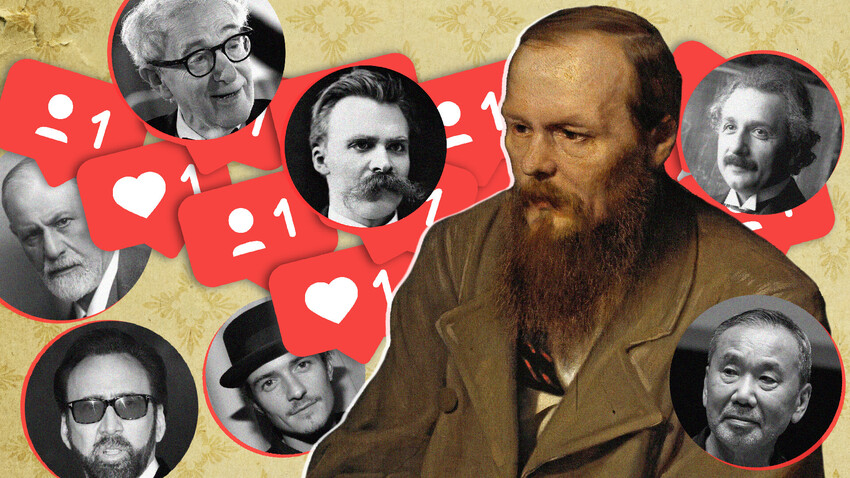
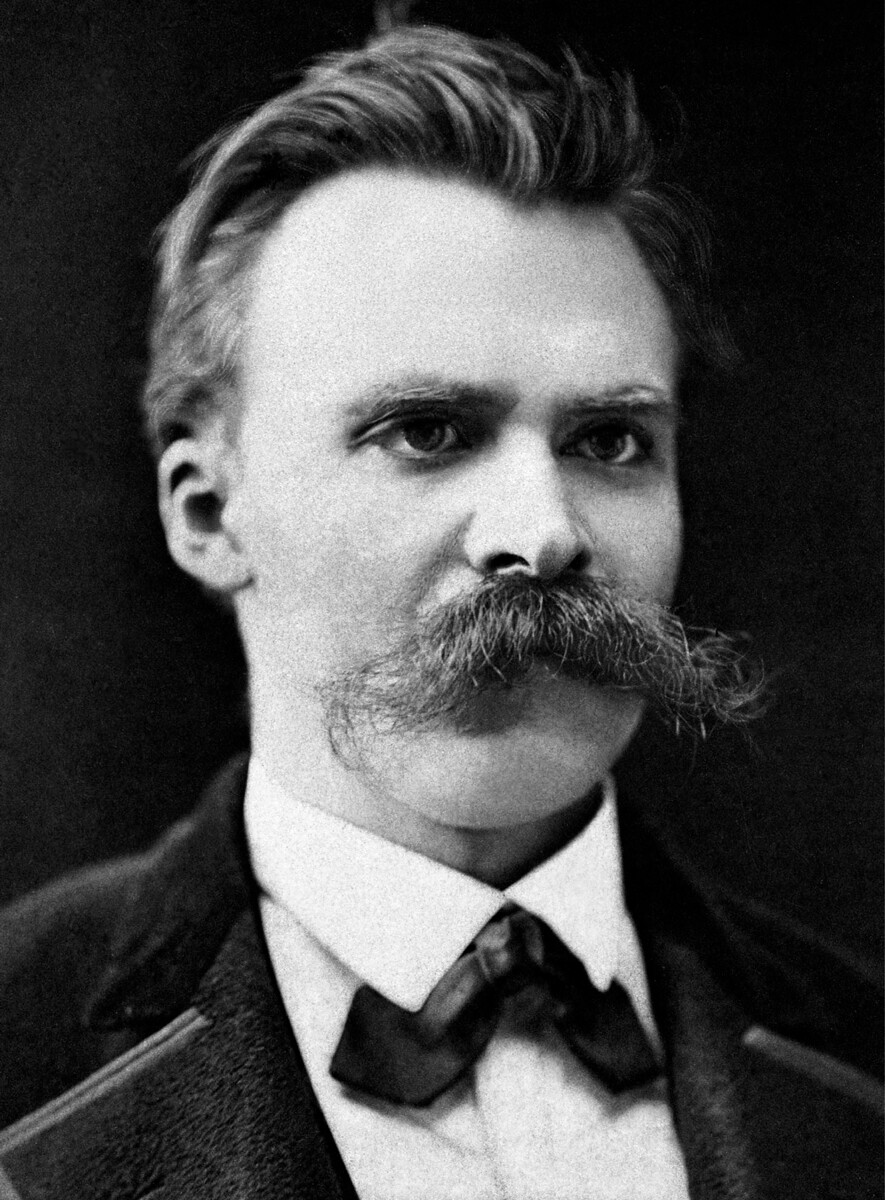
Friedrich Nietzsche
Public DomainThere’s a lot written about the connection between Dostoevsky and Nietzsche and about how the Russian writer foreshadowed the idea about the destructiveness of the concept of a superhuman in the example of his novel ‘Crime and Punishment’ and other works.
In the philosophical book ‘Twilight of the Idols’, Nietzsche confessed that he had a deep connection to Dostoevsky and that he believed him to be “the only psychologist from whom I've anything to learn”. Nietzsche also called his acquaintance with the Russian writer’s works “the most beautiful accident of my life, more so than even my discovery of Stendhal”.
And, unlike all the others, Nietzsche was mostly amazed not by ‘Crime and Punishment’ or ‘The Brothers Karamazov’, but by ‘Notes from Underground’.
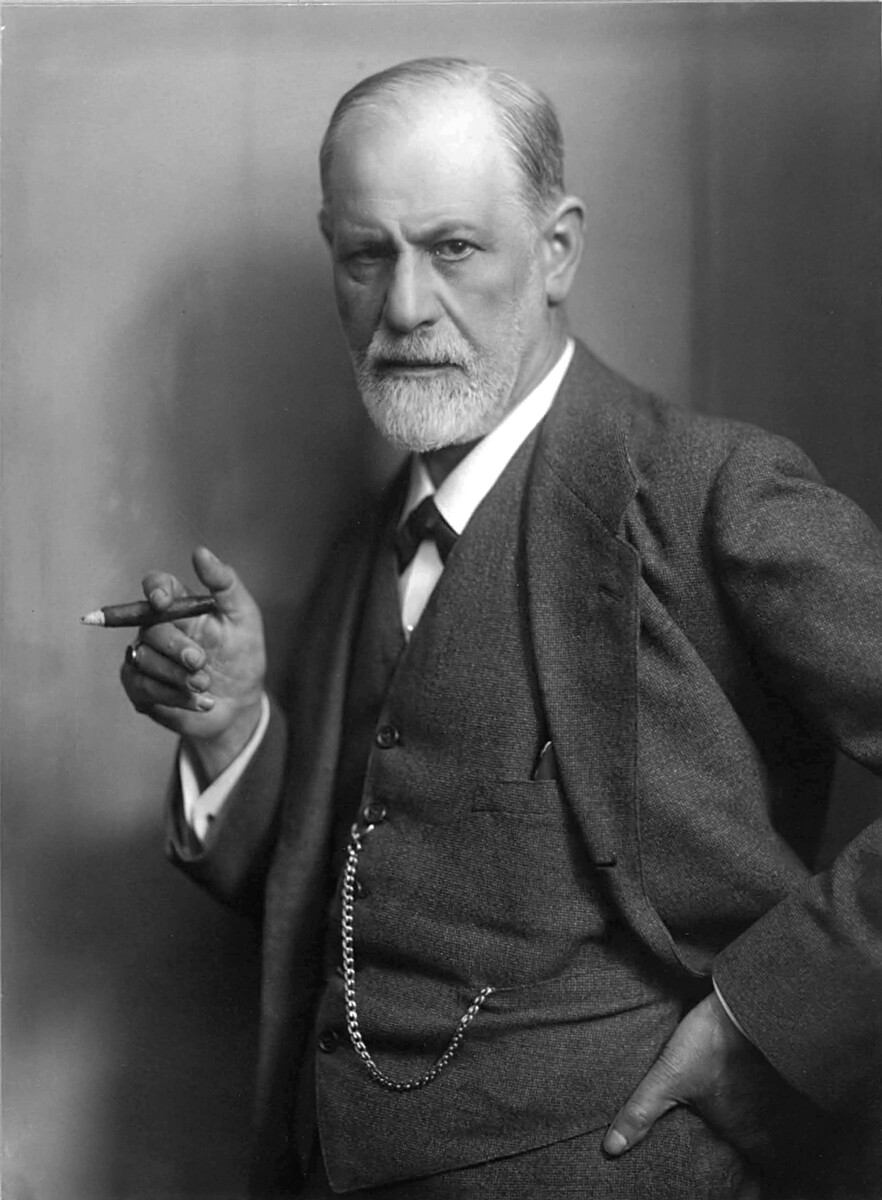
Sigmund Freud
Max Halberstadt/Public DomainFor the father of psychoanalysis, Dostoevsky was a fertile soil for research. For a good reason, Freud dedicated the entire article ‘Dostoevsky and Parricide’ to an analysis of the personality of the writer, employing for it his deliberations about the Oedipus complex that pushed the hero of ‘The Brothers Karamazov’ to patricide.
It seems that Freud dissects Dostoevsky, criticizes him (especially him as a moralist). And, yet, he begins his article with a confession that Dostoevsky is a great author, whose place is in the same row with Shakespeare: “‘The Brothers Karamazov’ is the most magnificent novel ever written; the episode of the Grand Inquisitor, one of the peaks in world literature, can hardly be overestimated. Analysis must, alas, lay down its arms before the problem of the creative artist.”
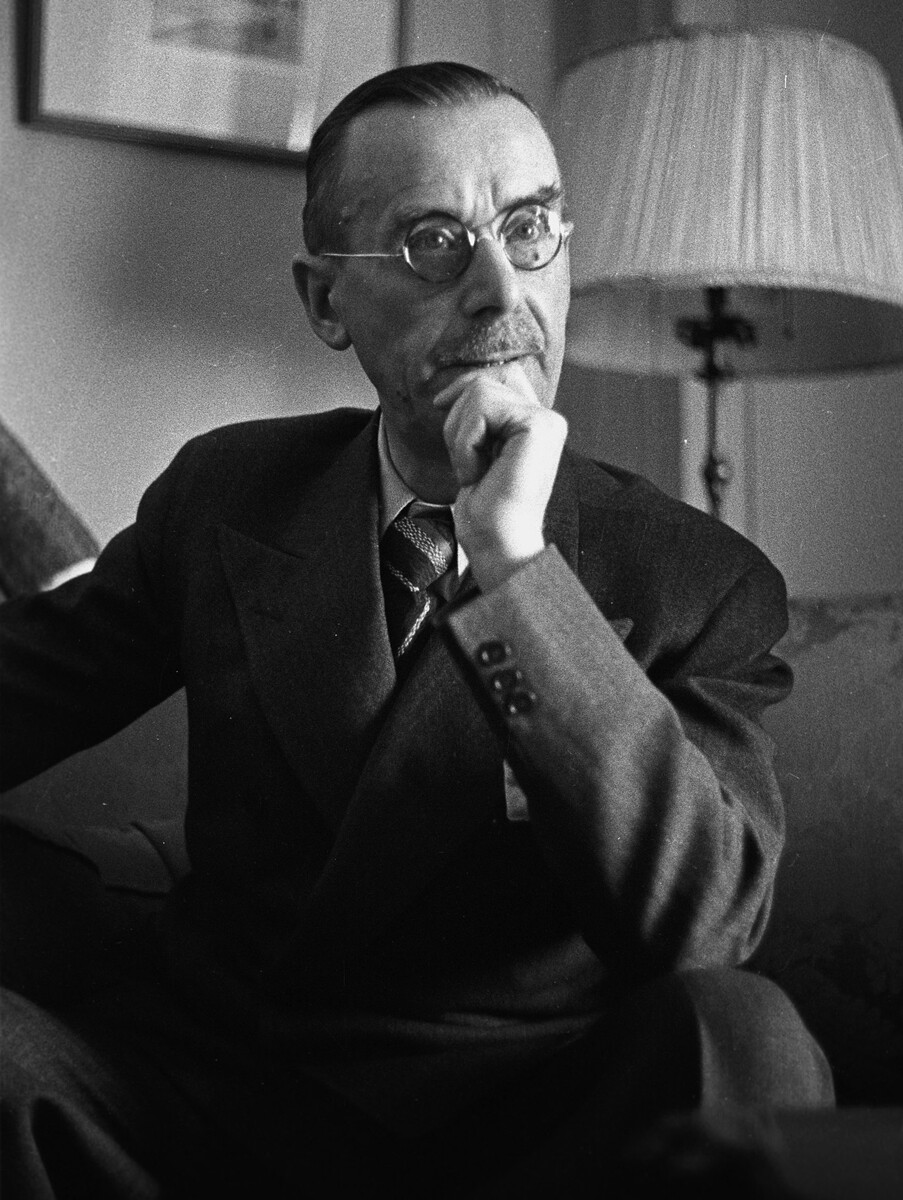
Thomas Mann
Los Angeles Daily NewsIn a letter to a friend from his school years dated from 1948, Mann writes about his “devoted gratitude to Russian literature”. He regretted that he didn’t have enough time and energy to study Russian to read the poems by Pushkin in their original language and that he wouldn’t have been able to finish ‘Buddenbrooks’ if he hadn’t constantly also read Tolstoy. “Needless to say how much I adore Gogol, Dostoevsky, Turgenev! But, I would like to mention Nikolai Leskov, who’s unknown, although he is a great master of short stories, almost equal to Dostoevsky.”
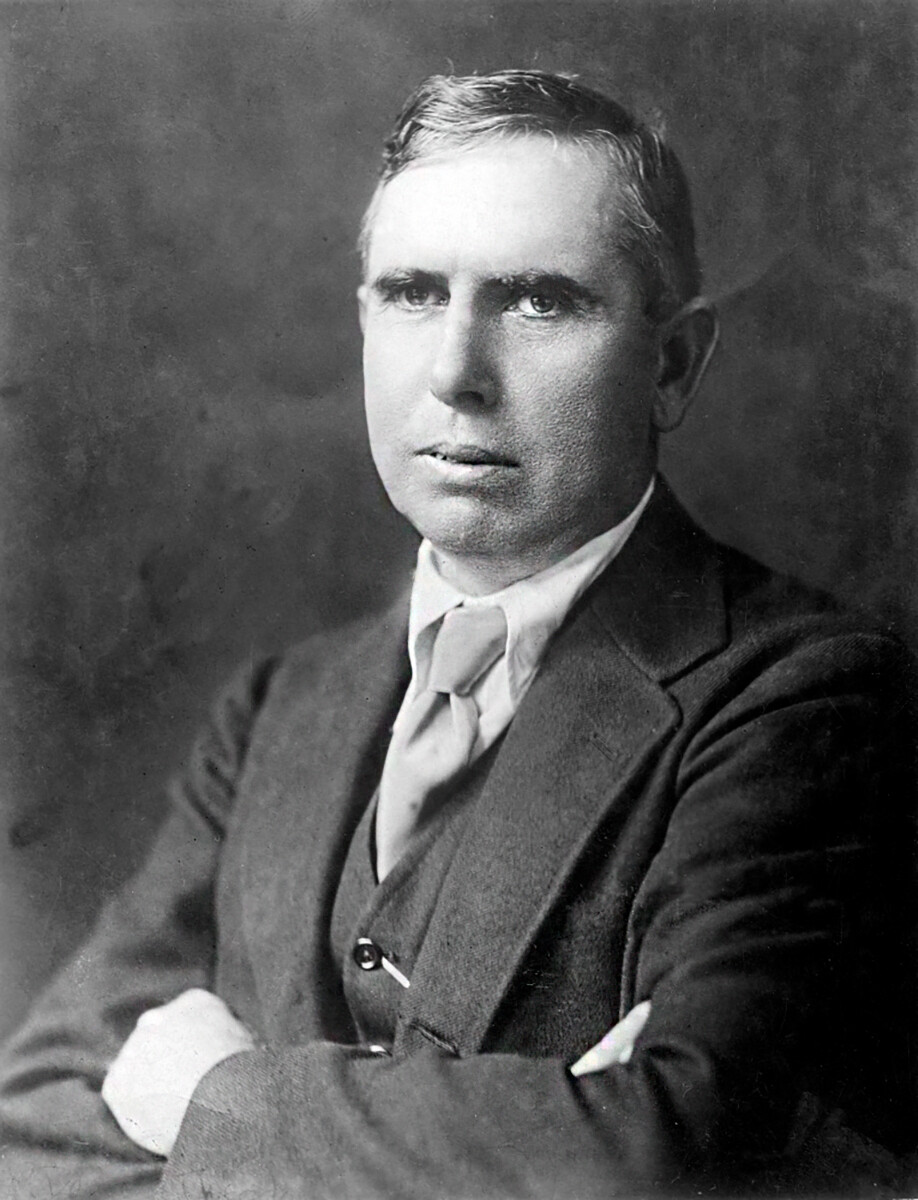
Theodore Dreiser
Ira L. HillDifferent researchers pointed out many times that Dostoevsky exercised enormous influence over American novelists. Theodore Dreiser also expressed a lot of love towards Dostoevsky.
“He especially loved ‘The Brothers Karamazov’ and ‘The Idiot’. The latter was his favorite work in all the world’s literature. He couldn’t comprehend the character of Prince Myshkin, but he spoke with enthusiasm about the simplicity and truthfulness of this character,” as his personal secretary Marguerite Tjader wrote in her book ‘Theodore Dreiser: a new dimension’.
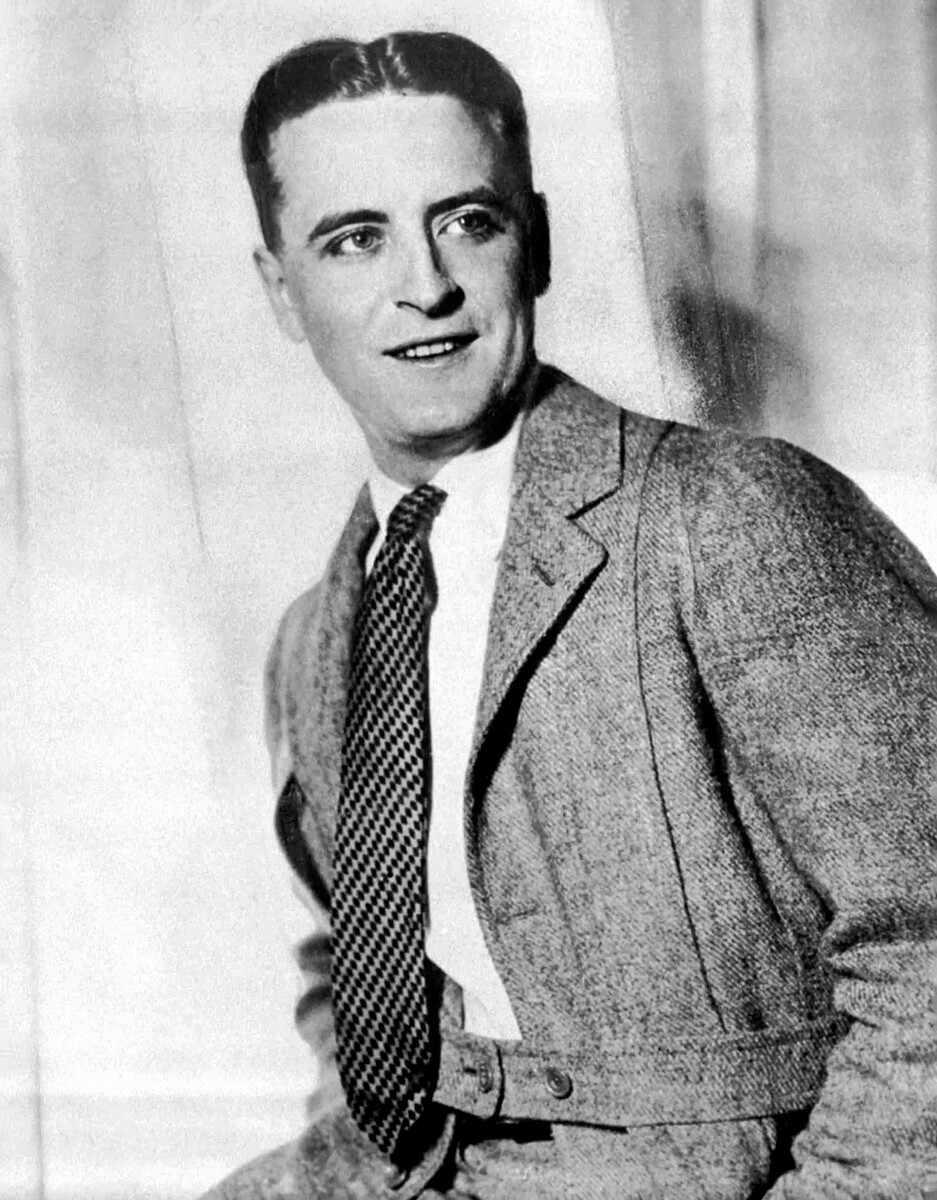
Francis Scott Fitzgerald
F. Scott Fitzgerald Archives“I’ve always loved Dostoevsky, with his giant heart turned to all others, more than other Europeans,” Fitzgerald wrote to Hemingway. To his daughter, he wrote: “If you want to study the world of the emotional <…> read ‘The Brothers Karamazov’ by Dostoevsky. And you’ll see what a novel can be.”
Fitzgerald can be called a quasi student of Dostoevsky and one of the closest Western writers to him. At least, that’s what cinema critic and essayist Boris Lokshin believes. The scene from ‘The Great Gatsby’ in the Plaza Hotel, where the characters settle the scores for good, Lokshin calls it absolutely Dostoevsky-esque in its essence. “Such collective hysteria and horrible anguish. Fitzgerald, just like Dostoevsky, is a master of hysteria in an enclosed space.”
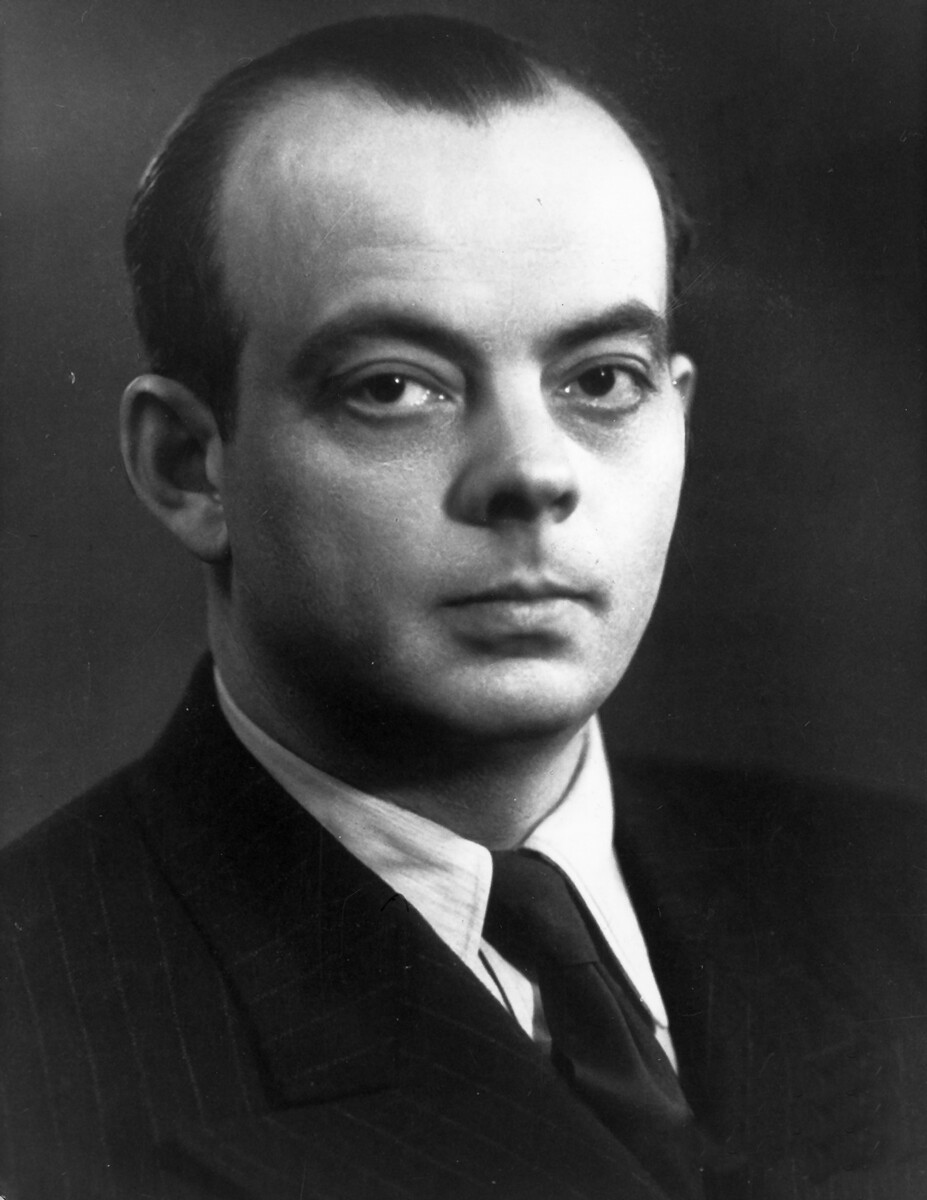
Antoine de Saint-Exupéry
ullstein bild/ullstein bild via Getty ImagesThe author of ‘The Little Prince’ avidly read the entirety of Dostoevsky back in his teenage years. In his ‘Books I Remember’, he confesses: “At fifteen, I stumbled upon Dostoevsky and this was a true revelation for me: immediately, I felt that I touched something colossal and I rushed on to read everything he wrote, book after book, as, before him, I read Honoré de Balzac.”
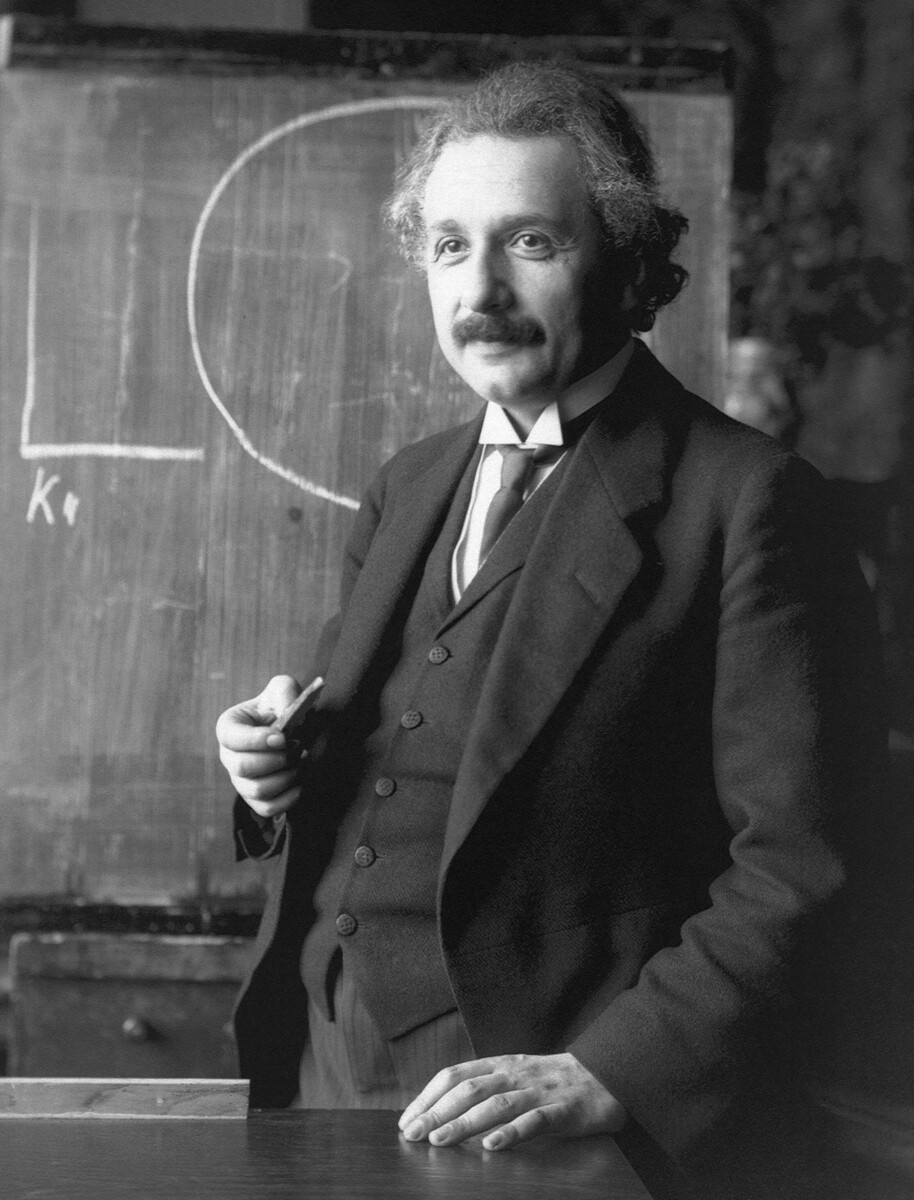
Albert Einstein
Ferdinand SchmutzerThe famous physicist literally lost himself in the works of the Russian great. This following phrase by Einstein is well-known: “Dostoevsky gave me a lot, immensely so, more than Gauss.” And Gauss is, as we know, the mathematician whose works led Einstein to develop his theory of relativity. He called ‘The Brothers Karamazov’ the “most acute book” that ever landed in his hands.
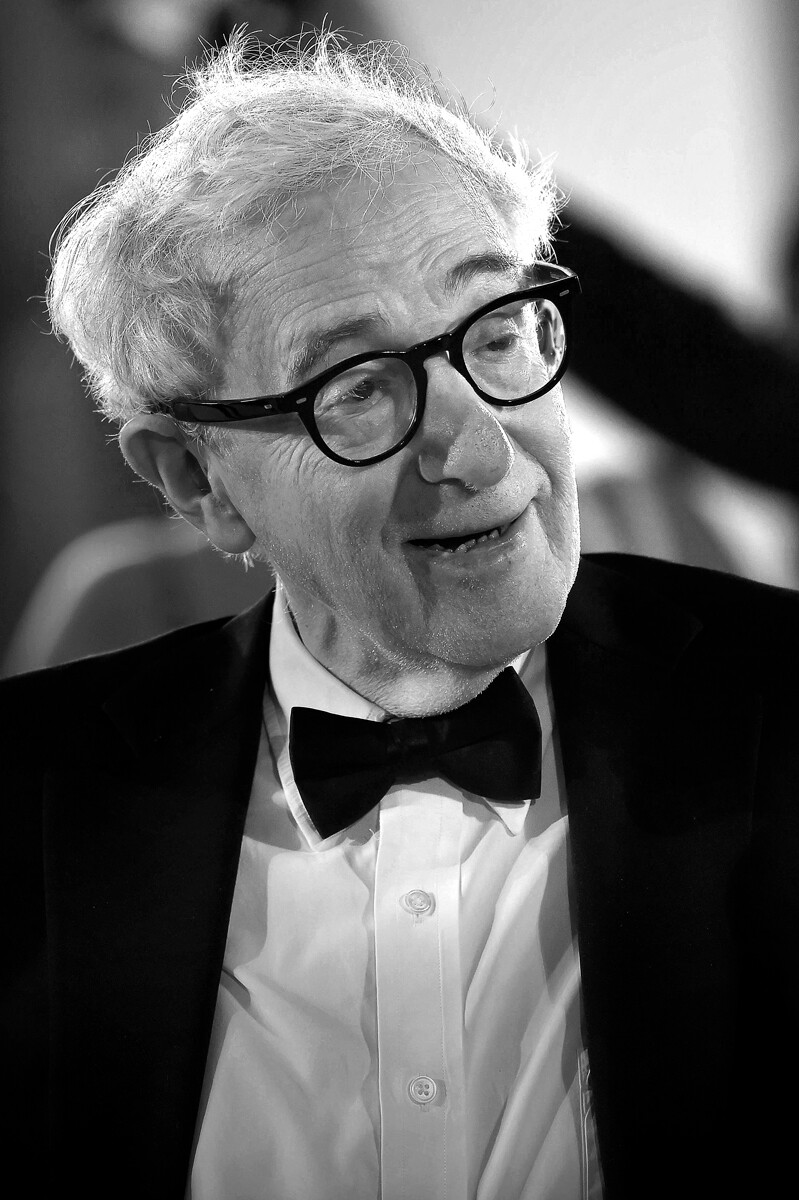
Woody Allen
Rocco Spaziani/Archivio Spaziani/Mondadori Portfolio via Getty ImagesThe Oscar-winning director believes Dostoevsky to be a great writer; many times he admitted that his novels are written brilliantly and are unbelievably fascinating. “I don’t think that one can aim more deeply than at the so-called existential themes, the spiritual themes,” the director once said.
There are hints and direct references to ‘Crime and Punishment’ in his movie ‘Match Point’ (2006). The main character, Chris (Jonathan Rhys Meyers) is also into Dostoevsky, according to the plot. And he finds an excuse for his crime.
Crime comedy ‘Irrational Man’ (2015) by Allen also refers to the narrative of ‘Crime and Punishment’, but in a more farce-like way. The main character, philosophy professor Abe Lucas (Joaquin Phoenix) suffers from the meaninglessness of his life; he decides that he can only escape his existential crisis if he kills a person.
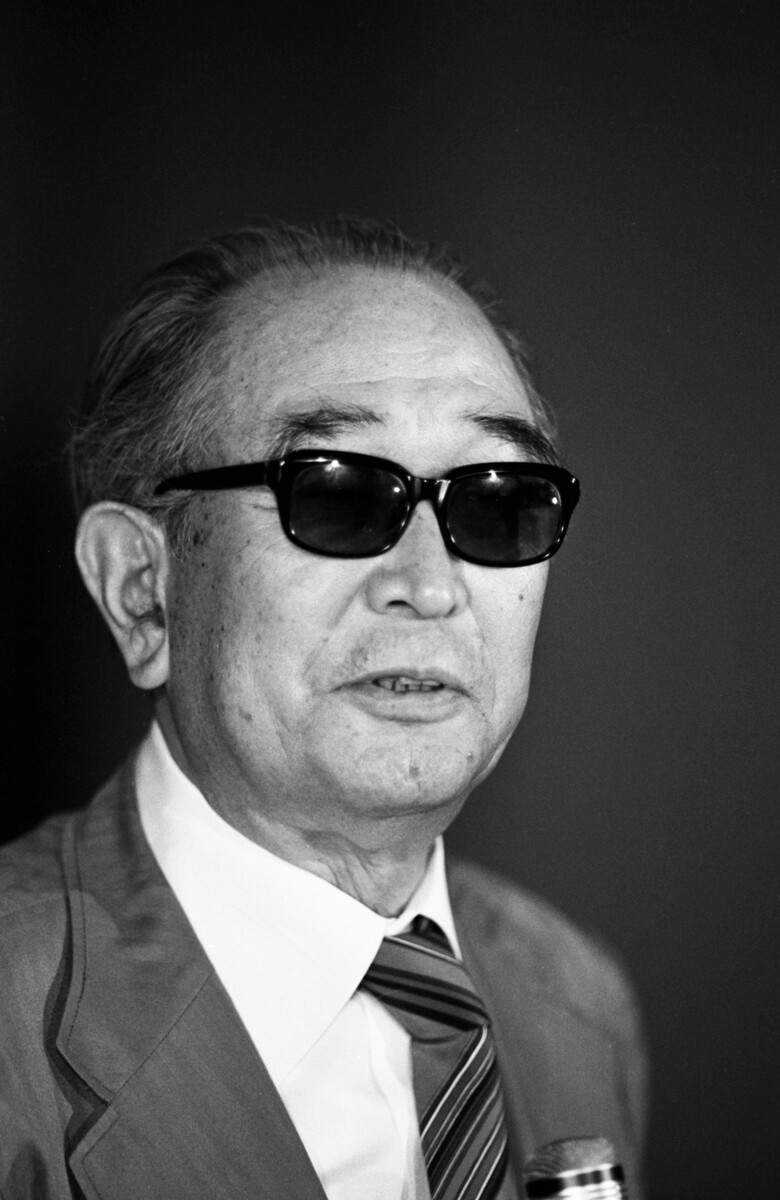
Akira Kurosawa
Kaku KURITA/Gamma-Rapho via Getty ImagesOne of the most globally famous adaptations of the novel ‘The Idiot’ belongs to Akira Kurosawa, and he admitted in an interview to Soviet journalists that of all his movies he treasures, this one most.
The great Japanese director said that he literally grew up reading Russian classic works. “Since childhood, Dostoevsky has been my favorite author. <…> No one has been able to express compassion and kindness like him. Boundless compassion towards someone else’s grief, which he possessed, crossed the borders available to a regular person. <…> Dostoevsky suffered along with those who suffered. From that point of view, he has crossed the boundaries of humanity. He had a stroke of God in him. He showed it in ‘Myshkin’, the hero of ‘The Idiot’. My views and psychology are similar to that of the hero of ‘The Idiot’. Maybe that’s why I love Dostoevsky so much!”
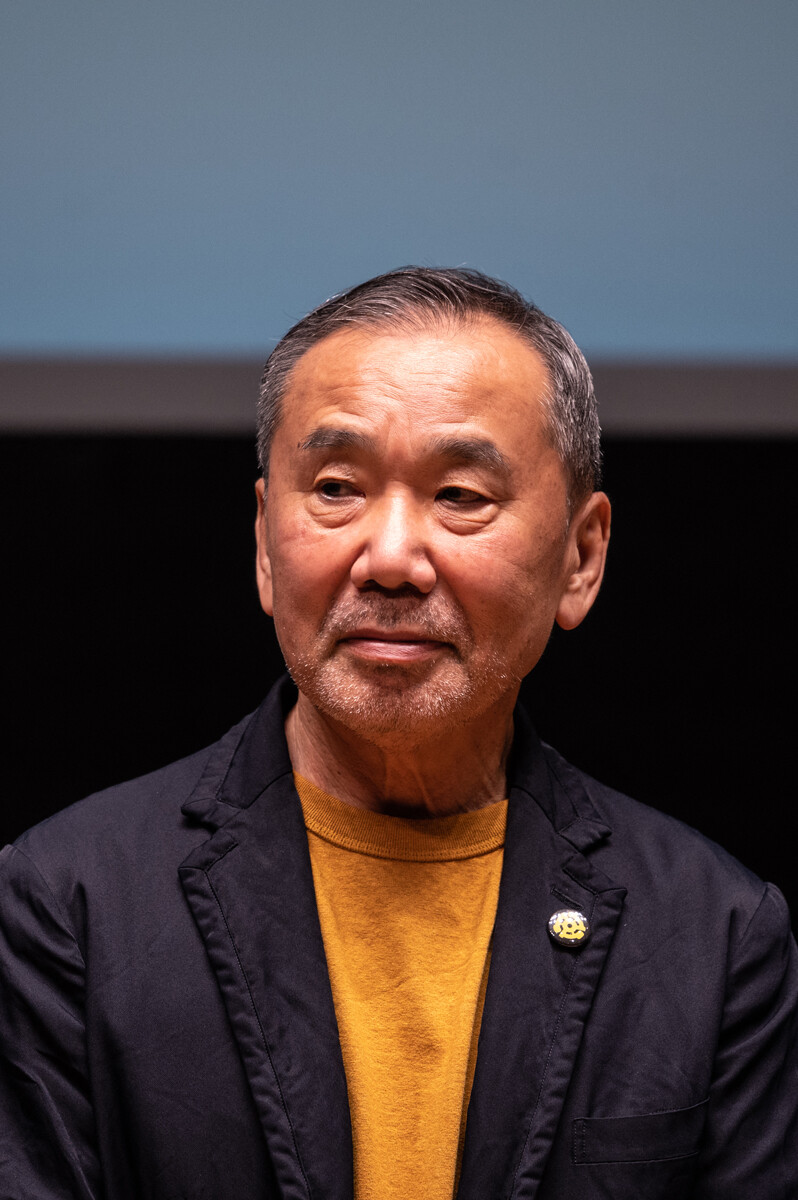
Haruki Murakami
Philip FONG / AFPMurakami said many times that Dostoevsky is his idol. Surprisingly, from 14 to 20 years of age, the Japanese writer read only Russian literature. “I first read ‘The Brothers Karamazov’ at 14-15 years of age and have re-read it four times since. And, each time, it was beautiful. In my view, this is a perfect work,” Murakami said.
He also liked ‘Demons’, but he confesses that his goal is to write something on par with ‘The Brothers Karamazov’: “That’s the peak, the summit.”
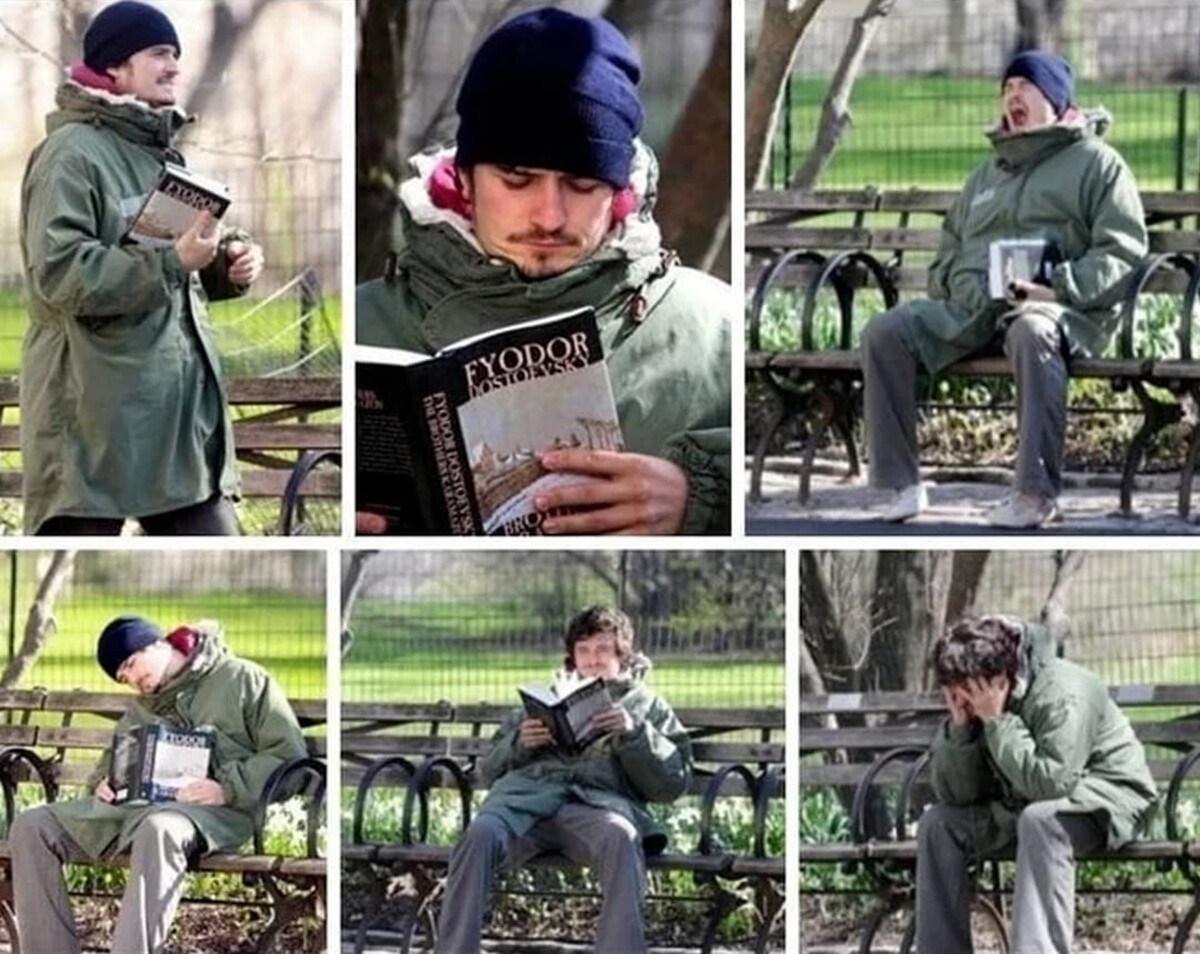
The photos of Orlando Bloom reading ‘The Brothers Karamazov’ by Dostoevsky on a park bench became a true meme! The actor, while doing it, experiences a whole spectrum of emotions – from boredom and laughter to despair.

Nicholas Cage
Visual China Group via Getty Images/Visual China Group via Getty ImagesNicholas Cage, another Hollywood actor, also turns out to be a fan of Dostoevsky. In 2016 at a press-conference in Moscow, he admitted that he dreams of reading it in the original. “I love Dostoevsky, in particular ‘The Brothers Karamazov’, but I’m aware that I read it in translation. I’d like to truly know what Dostoevsky meant and to embrace the poetry of his words.”
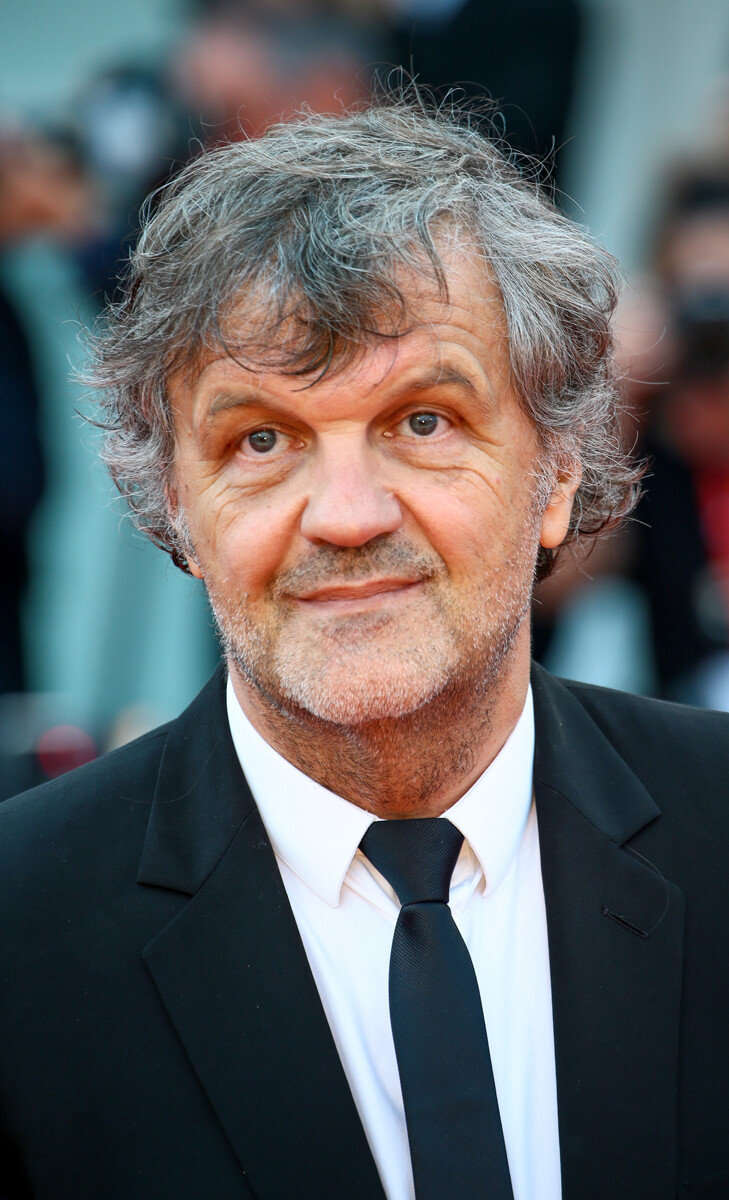
Emir Kusturica
Matteo Chinellato/NurPhoto via Getty ImageThe Serbian director is known for his love for Russia and Russian culture. In an interview, he admitted that he read each of Dostoevsky’s novels many times and that he is his favorite author. “Because he’s always relevant. Everything that happens in modern life was described a long time ago in his novels.”
According to the director, ‘The Brothers Karamazov’ features “all types of people”. Aside from this, the works of the writer “lay out the philosophy of life itself, in the center of which is a Christian person”.
Dear readers,
Our website and social media accounts are under threat of being restricted or banned, due to the current circumstances. So, to keep up with our latest content, simply do the following:
If using any of Russia Beyond's content, partly or in full, always provide an active hyperlink to the original material.
Subscribe
to our newsletter!
Get the week's best stories straight to your inbox